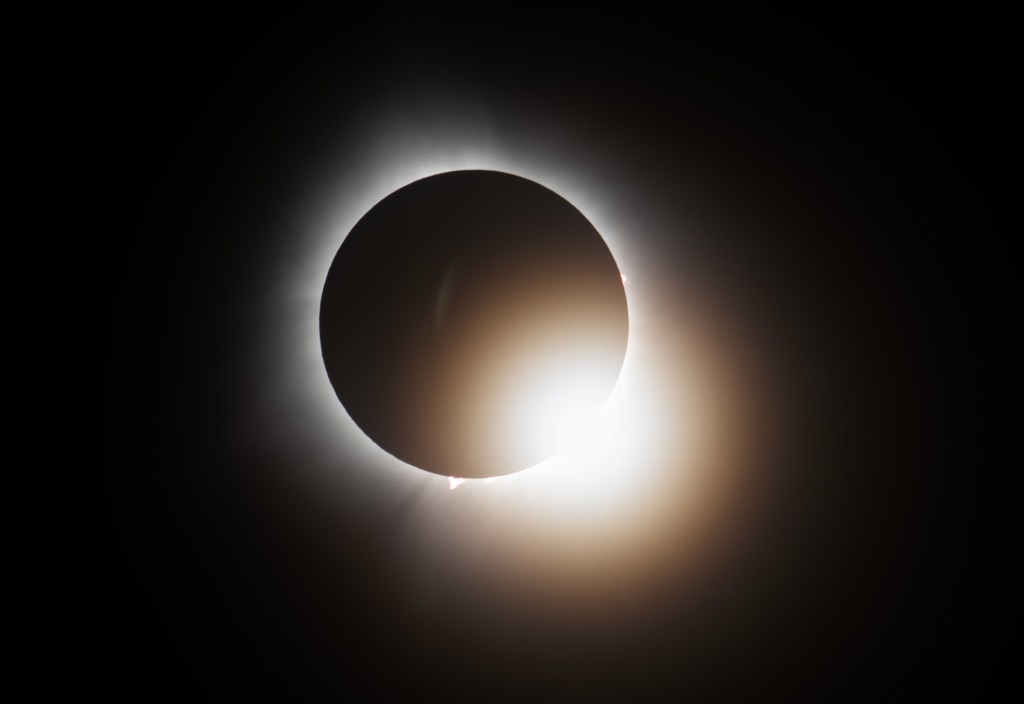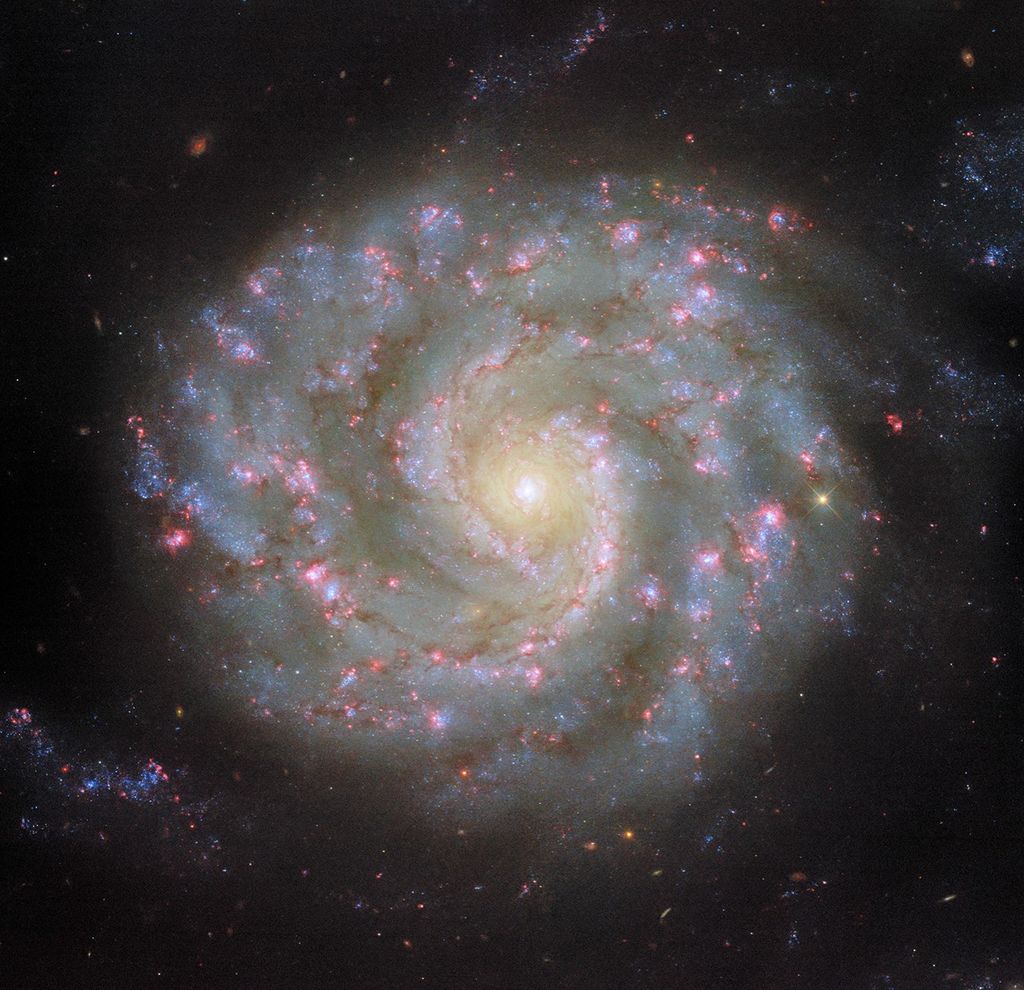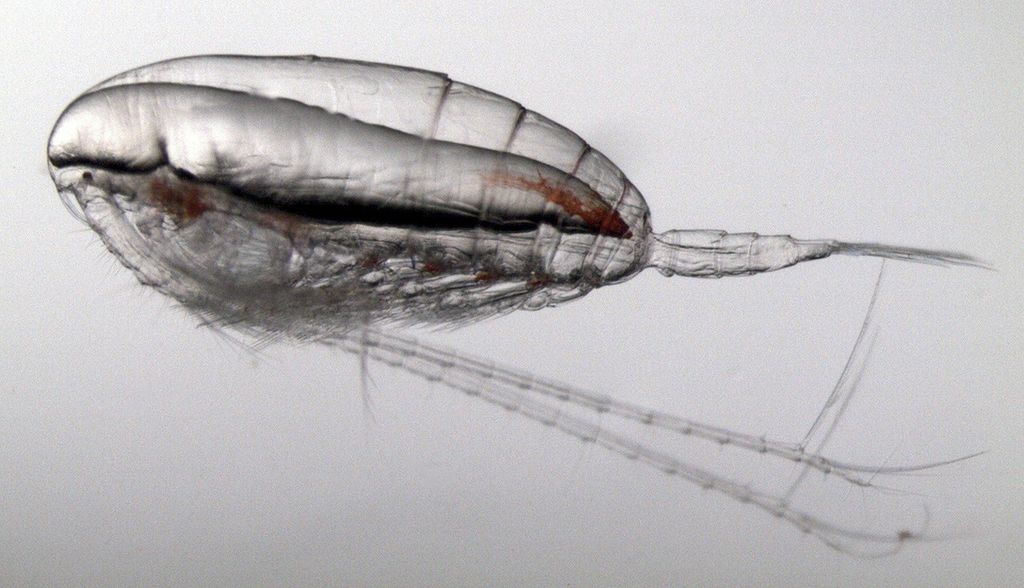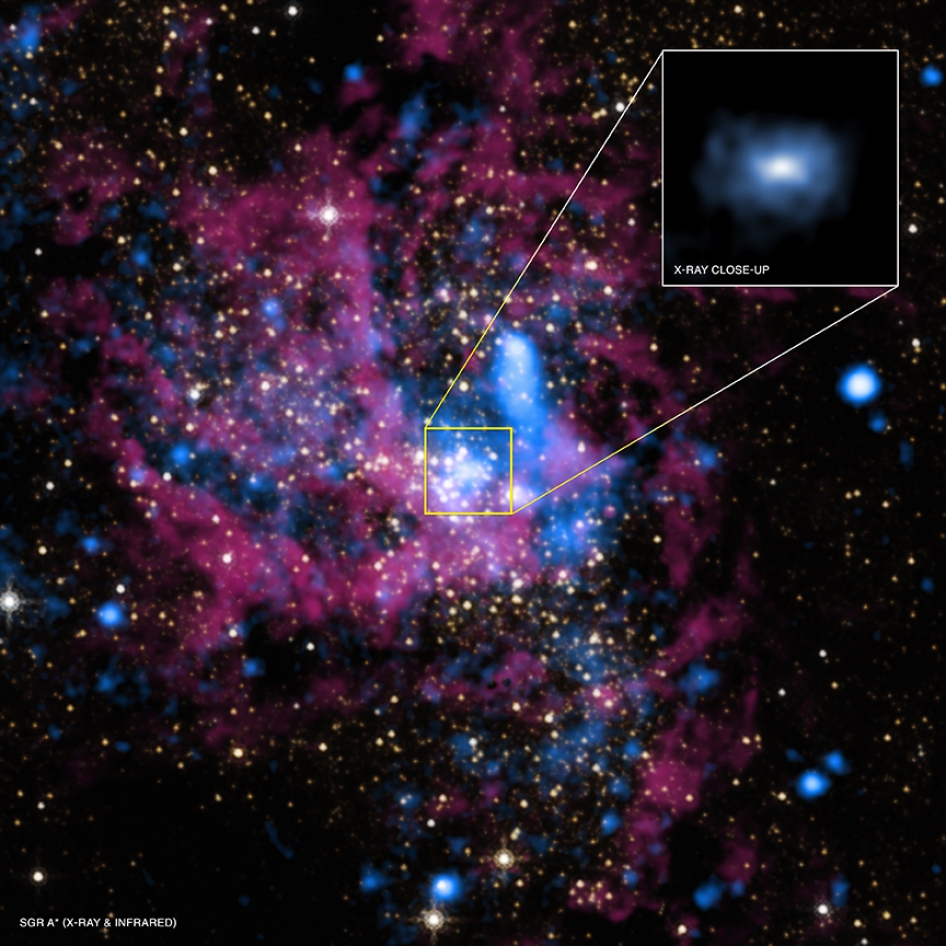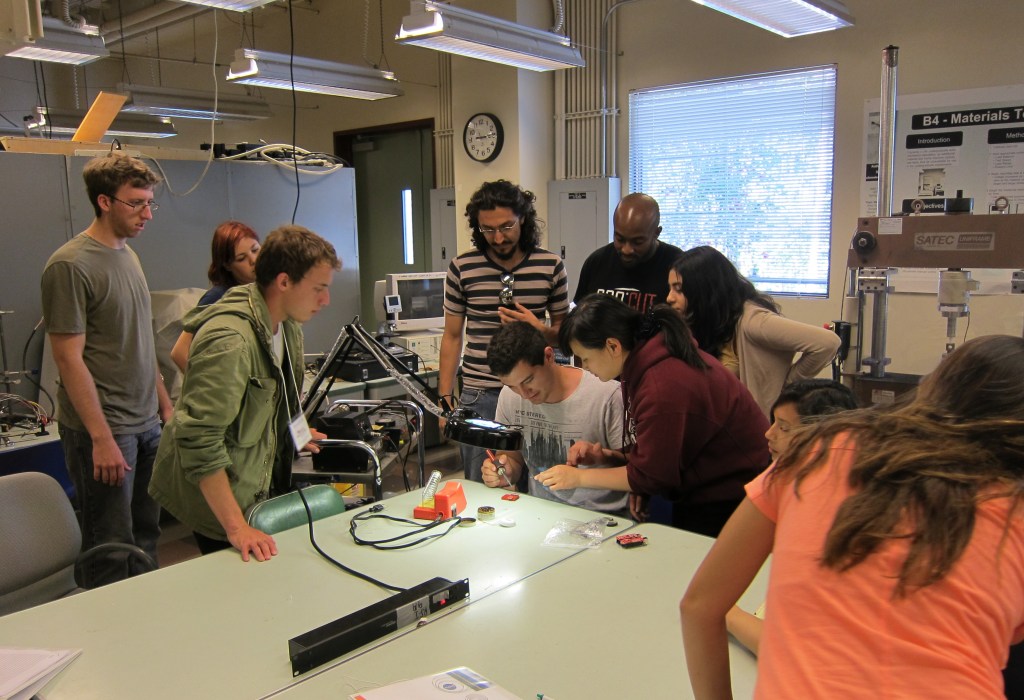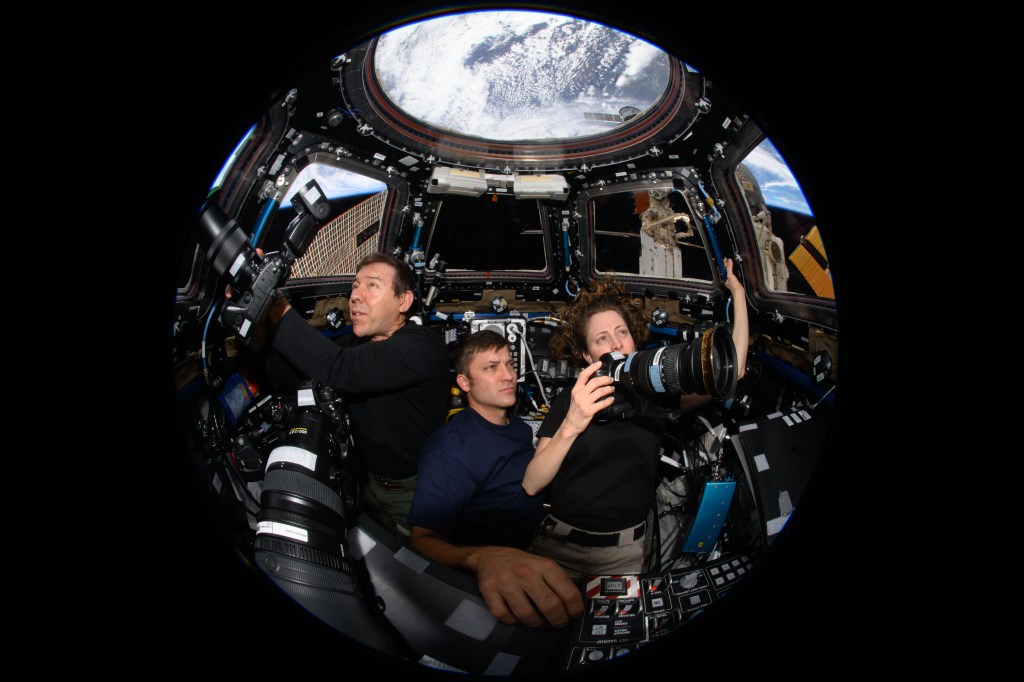OSDR Chats: Dr Lauren Sanders Presents Latest Research in this OSDR-Enabled Publication
Welcome to “OSDR Chats”, an interview series with authors of OSDR-enabled publications. In this concise format, Open Science engages with researchers to gain comprehensive insights into the scope of their publications and to share the instrumental role played by the Open Science Data Repository (OSDR) or the Analysis Working Groups in facilitating their research.
Understanding how space affects our bodies is essential for creating ways to protect astronauts from harm. Muscle loss, a major concern, is linked to calcium level changes due to changes in cellular mechanisms. Dr Lauren Sanders and team provide insights into these changes in spaceflight in their recent publication “Explainable machine learning identifies multi-omics signatures of muscle response to spaceflight in mice.” By analyzing datasets OSD-104, OSD-105, and OSD-488 from mice in space missions and using advanced computer methods, Dr Sanders and her team identified potential markers for this problem. Lauren and team highlight genes that show promise in predicting muscle resilience in space, offering hope for future strategies to combat muscle loss during space travel.
OSDR recently spoke to Dr Sanders to hear about the highlights of this publication and about how the Open Science Data Repository and Analysis Working Groups (AWGs) enabled this publication.

